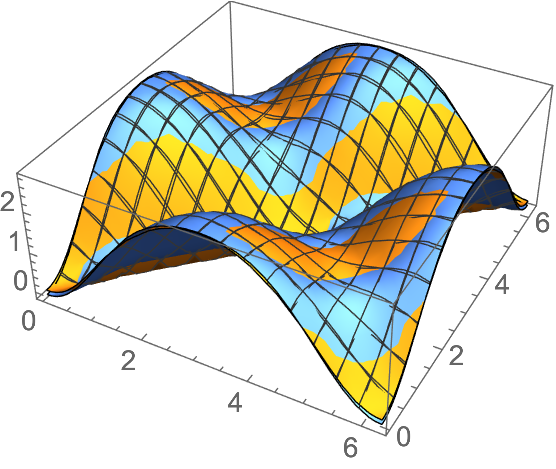The Fourier series tutorial here describes a number of different commands for numerically finding Fourier series and their coefficients. However, they only seem to work for one dimensional Fourier series. Is there an extension which includes multidimensional Fourier series? Specifically, I'm interested in being able to calculate a number of two dimensional Fourier series coefficients numerically.
As an example, find the Fourier coefficients of
$$ \ln(4(\cos(\theta)-\cos(\phi))^{2}+(\sin(\theta)-\sin(\phi))^{2}) $$
on the rectangle $0<\theta,\phi<2\pi$.
Thanks in advance for any help.

